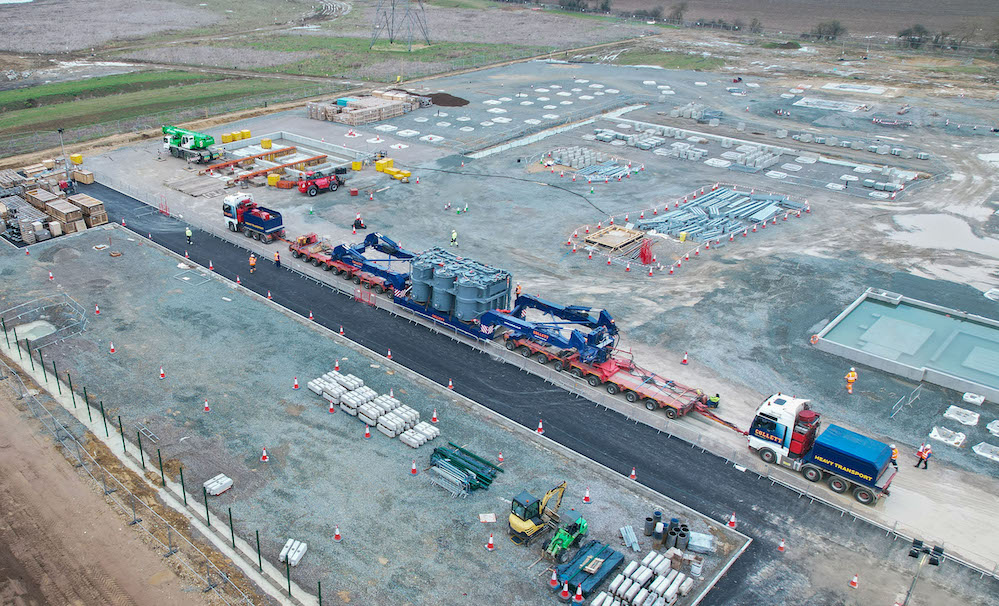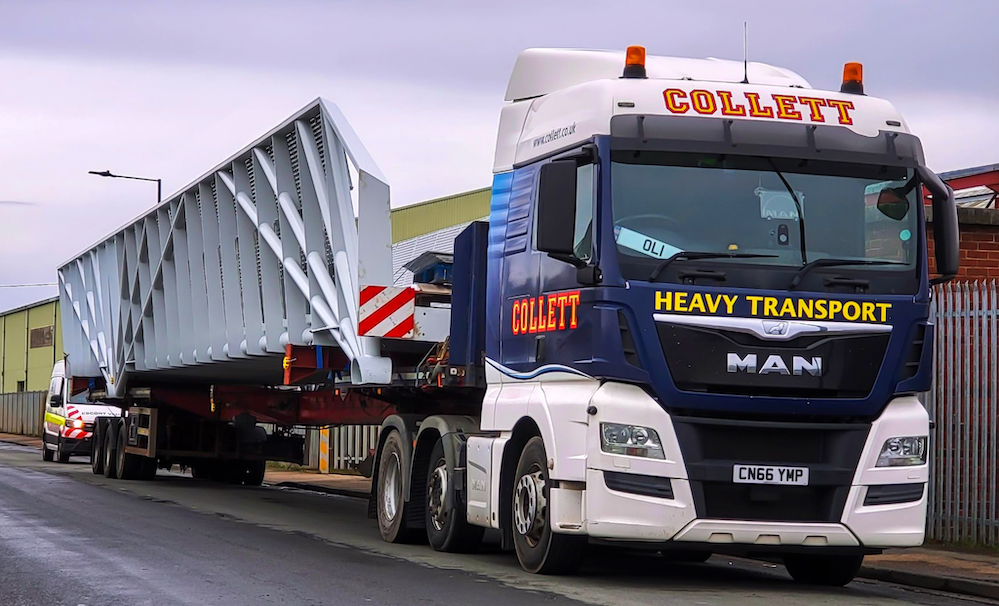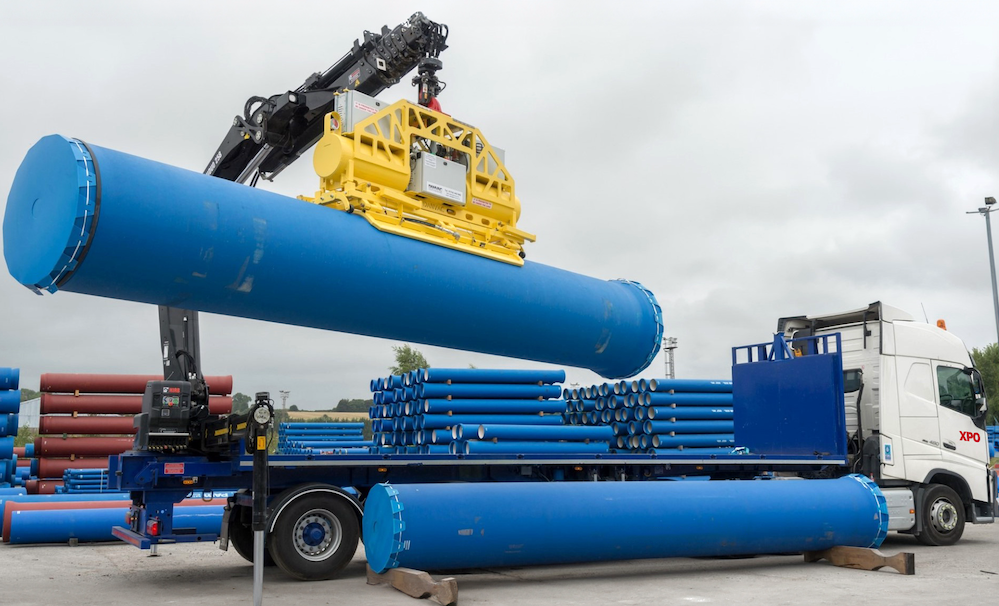Nearly two and a half years after Mayor of London Boris Johnson ordered Transport for London (TfL) to axe funding for the Metropolitan Police’s Commercial Vehicle Education Unit, forcing it to close, he and TfL have announced today that they have made additional funding available to the police unit that replaced it.
The press release, which also provides an update on the Fleet Operator Recognition Scheme (FORS) and training given to lorry drivers working on the Crossrail project, makes no mention of that October 2009 decision.
However, with cycle safety high on the agenda ahead of May’s London mayoral elections – this evening, hundreds of cyclists will participate in a flashride in Westminster – Mr Johnson’s opponents are likely to seize upon today’s announcement as an admission that he got it wrong.
After the CVEU was disbanded following that cut in funding, the Metropolitan Police reconstituted it as the Commercial Vehicle Unit, operating out of Alperton in North West London. However, it has lacked the resources and the manpower that the CVEU previously enjoyed.
Now, however, TfL has confirmed that since December it has been funding an additional six officers at what it terms the Commercial Vehicle Task Force – no such body is mentioned on the Metropolitan Police’s own website, which instead refers to the Commercial Vehicle Unit – while money has also been provided for two extra officers in the Road Crime Intelligence Unit.
At the time the funding to the CVEU was discontinued, Mr Johnson said that he believed the voluntary Freight Operators’ Recognition Scheme, recently renamed the Fleet Operator Recognition scheme (FORS) would provide an adequate safeguard to protect vulnerable road users such as cyclists and pedestrians.
However, many see the FORS as inherently flawed because, as a voluntary scheme, its very nature means that it is likely to attract those operators that already place a heavy emphasis on health and safety and adhering to applicable regulations, but not those best described as ‘fly-by-night’ operators that are less concerned with adhering to the law.
Indeed, in May 2010, Charlie Lloyd of the London Cycling Campaign (LCC), himself a former lorry driver, pointed out: “It’s for these people that the police need expert powers to pursue them until they comply with the law.”
In fact, figures released by TfL today that it claims demonstrate the success of take-up of FORS show that operators of the majority of the commercial vehicles on London’s roads – more than two in every three vans and lorries regularly operating in the city – are not signed up to the scheme.
According to TfL, 1,020 operators responsible for 98,380 vehicles – equivalent, it says, to 28.2 per cent of London’s regular freight – have signed up to the FORS; by coincidence, between 2005 and its disbandment in 2009, the CVEU discovered that 70 per cent of the vehicles it checked were defective.
Those figures, which together add up to nearly 100 per cent, suggest that exactly as Lloyd warned – and according to LCC, it was a view also supported by the haulage industry and drivers’ unions – the FORS is missing out on the irresponsible firms that the CVEU previously targeted.
It’s true that TfL is providing funding for lorry drivers to undergo cycle awareness training, and that more businesses are signing up to the FORS – indeed, part of today’s announcement concerns news that eight firms have become the first to reach the scheme’s gold standard – but as it currently stands, concerns will quite rightly remain that it is being ignored by those operators that most need policing.
In that regard, at least, the additional funding provided by TfL to the Metropolitan Police should help. The Road Crime Intelligence Unit, which has gained two officers thanks to TfL funding, works alongside agencies including the Vehicle and Operator Services Agency (VOSA) and Department for Transport to collate information and help catch dangerous or unlicensed operators in the capital.
The duties of the Commercial Vehicle Unit, meanwhile, include enforcing the law and providing training to operators of lorries, vans and other commercial vehicles throughout London, including investigating drivers involved in collisions that have resulted in death of or injury to cyclists.
Quoted in today’s press release, Mr Johnson said: “I am determined to improve road safety and demanding the highest standards from freight companies is a key part of this.
“Some companies are leading the way in showing what can be achieved, but this needs to be reflected across the industry,” he added.
“To play our part, we are providing training for thousands of lorry and truck drivers and investing in more police officers to clamp down on shoddy, illegal drivers,” Mr Johnson concluded.
source – Road.cc






